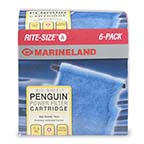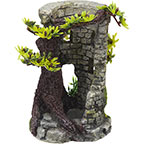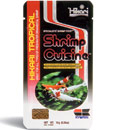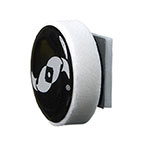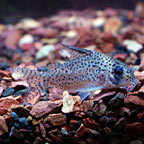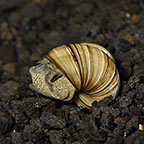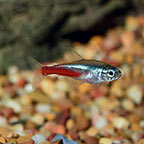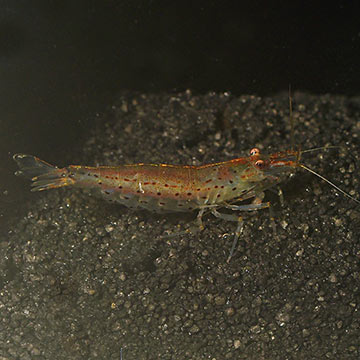
Quick Stats
What do these Quick Stats mean? Click here for more information
What do these Quick Stats mean? Click here for more information
Overview
The Amano Shrimp is also known as the Yamato Numa-Ebi, or Japanese Swamp Shrimp and it originates from the swamps of Japan. The ideal setup for the Amano Shrimp is an established freshwater aquarium or pond of at least 10 gallons with plenty of hiding places and algae with a mature substrate. The Amano Shrimp should be housed with small peaceful fish or koi that will not pose the threat of eating it. The Amano Shrimp can tolerate low to moderate salinity levels, making them an ideal algae controller for ponds and water gardens in non-freezing climates.
The Amano Shrimp is very difficult to breed, and very few hobbyists have been able to raise the larvae to maturity. The average life span of the Japonica Amano Shrimp is 2 to 3 years in captivity.
Japonica Amano Shrimp is an omnivore that will consume algae, detritus and left over food. If insufficient food is present, supplement with a quality flake food or pellet.
Approximate Purchase Size: 1/2" to 1-1/4"




